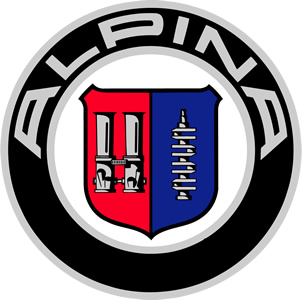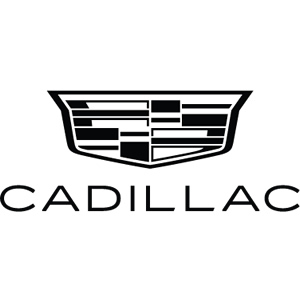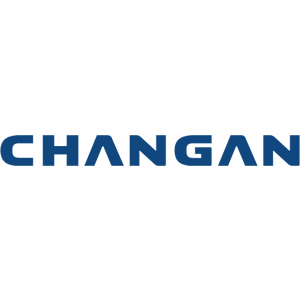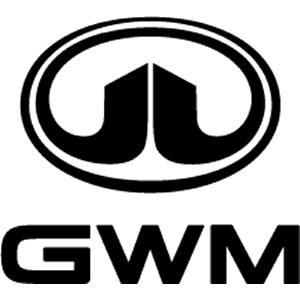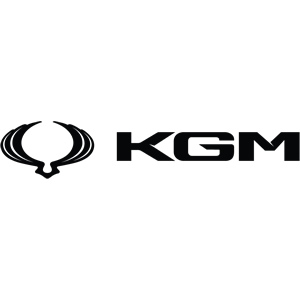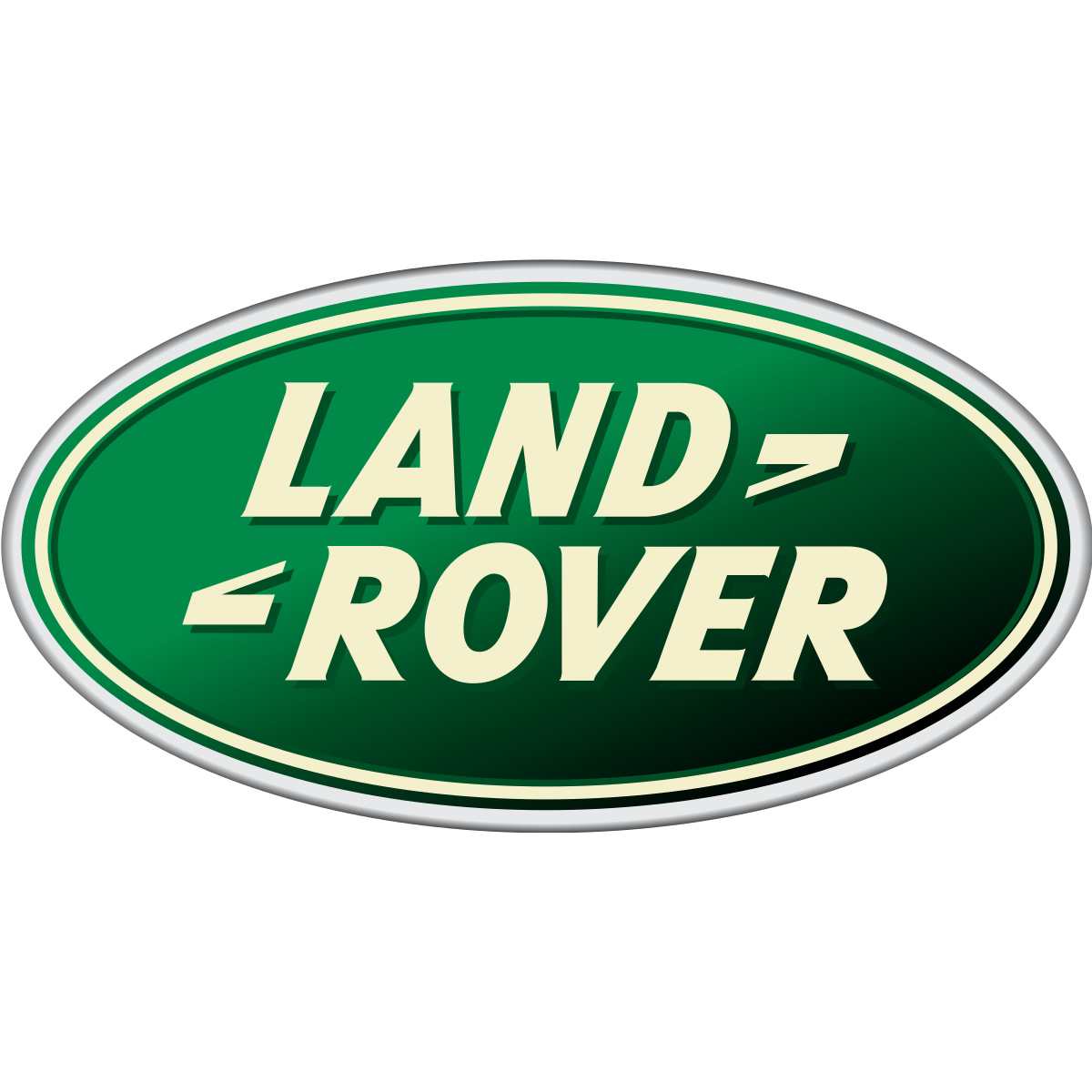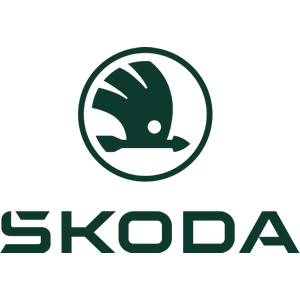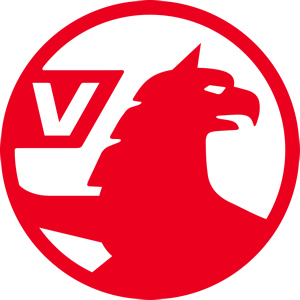New Vauxhall Cars
Vauxhall PCP QuoteBuy new Vauxhall Cars, at cheap prices, from UK franchised Vauxhall dealers
A Brief History of Vauxhall cars
The history of Vauxhall can be traced right back to a gentleman called Alexander Wilson, who in 1857 founded Alex Wilson and Company, later the company that built pumps and marine engines would have its name changed to Vauxhall Iron Works. The first move into car production came in 1903 when the company built a 5 horse power vehicle. Steering was achieved by way of a tiller and it only had two forward gears with no reverse. Having realised the limitations of this design, further improvements were made and a new model was made ready for sale.
With a need to increase output, production was moved to Luton in 1905, and two years later the name of Vauxhall Iron Works was dropped in favour of Vauxhall Motors. As with all manufacturers at this time, Vauxhall produced cars for the wealthy and in 1911 a man called Laurence Pomeroy designed a car that is regarded by some as the first sports car. The Type C, which would later go on to be called the Prince Henry, power output was 40 bhp when the model was first launched, but subsequent versions that were designed specifically for the Prince Henry Trial (a Prussian Prince) had there power output boosted to 60 bhp and as a result they could achieve 70 mph. With successes in the St Petersburg to Sebastopol Trial, the RAC 2000 mile trial and the speed trials at brooklands Vauxhall produced replicas to go on sale to the public. The cost at the time to own one of these cars was a massive £580, converted into today's money you would be looking at somewhere in the region of £40,000.
The first World war saw Vauxhall producing cars for the military, indeed just under two thousand, 25 bhp, D-Type Vauxhall's were produced to be used as staff cars during the period of 1914 - 1918. Following the end of the First World War, with money much harder to come by, Vauxhall repositioned itself within the market and began to produce far more somber cars.
1925 saw the Vauxhall brand being taken over by the American car company General Motors, the influence of the parent company and to a great extent GM's competitor, the Ford Motor Company, showed through in the design of future cars and this influence would be seen right the way through to the 1980's. With the stock market crash of 1929, GM Vauxhall created a subsidiary company Bedford Vehicles, this company was founded to produce commercial vehicles for the UK market as importing lorries from the US had become totally uneconomical.
With the outbreak of World War II, car production at Vauxhall was suspended and all efforts were centered on production of the Churchill Tank. The Luton plant went from design to production in less than a year and by the end of the war more than 5,600 tanks were produced, although not all at the Vauxhall plant. After the end of the war production reverted back to passenger vehicles. Now concentrating on mass produced models Vauxhall expanded and in 1960 a new manufacturing plant was built at Ellesmere Port. Mass production did have a downside and Vauxhall gained a reputation for building vehicles that were prone to rusting, although to be fair to them, all manufacturers were suffering from the same problems. The 1960's saw improvements in bodywork protection, but this label would stay attached to Vauxhall for the next couple of decades.
General Motors made another acquisition in the 1920's that would go on to influence the Vauxhall range fifty years later. Opel was purchased by GM in 1929 and until the 1970's Vauxhall and Opel produced totally different cars, the 70's however saw this policy change and Vauxhall began rebadging existing Opel models, Opel was gradually phased out of the UK and in 1981 Vauxhall and Opel dealerships were merged, the only Opel models that remained were the Manta and the Monza who survived through to the latter years of the 1980's. This policy change would lead to the total Opelisation of Vauxhall in the UK. Initially different names were used for the European and UK market, but as time progressed even the names would become standardised across both manufacturer's ranges. Engineering input from Luton began to decline and this would eventually lead to car production ultimately being ceased in 2003.
Production of cars has continued at Vauxhall's Ellesmere Port plant on merseyside where the Vauxhall Astra is assembled, although as recently as 2006 there have been job cuts to improve efficiency as its parent company General Motors tries to cut the massive losses that it is making.
If you are looking to buy a new Vauxhall, Brokers4Cars can help you secure your dream new Vauxhall car at a discounted rate. Simply find your perfect vehicle and get in touch, and our new car brokers team will guide you through the process of buying your new car.
Show More.jpg) New Vauxhall Astra Electric Hatchback
Vauxhall aims to be an EV-only manufacturer by 2028, so it needs to get on with delivering us more full-battery models. Like this one, the Astra...
New Vauxhall Astra Electric Hatchback
Vauxhall aims to be an EV-only manufacturer by 2028, so it needs to get on with delivering us more full-battery models. Like this one, the Astra...
.jpg) New Vauxhall Astra Electric Sports Tourer
Vauxhall aims to be an EV-only manufacturer by 2028, so it needs to get on with delivering us more full-battery models. Like this one, the Astra...
New Vauxhall Astra Electric Sports Tourer
Vauxhall aims to be an EV-only manufacturer by 2028, so it needs to get on with delivering us more full-battery models. Like this one, the Astra...
.jpg) New Vauxhall Astra Hatchback
In recent times, Vauxhall has delivered us a smarter, cleverer and more efficient version of its British-built seventh generation Astra. A...
New Vauxhall Astra Hatchback
In recent times, Vauxhall has delivered us a smarter, cleverer and more efficient version of its British-built seventh generation Astra. A...
.jpg) New Vauxhall Astra Sports Tourer
Vauxhall has increased its presence in the compact estate sector with this Astra Sports Tourer. MPVs and 4x4s might offer more interesting options for...
New Vauxhall Astra Sports Tourer
Vauxhall has increased its presence in the compact estate sector with this Astra Sports Tourer. MPVs and 4x4s might offer more interesting options for...
.jpg) New Vauxhall Combo Life Electric Estate
Vauxhall brings us a fully electrified version of its Combo compact MPV, this Combo Life Electric model featuring remarkably few compromises over its...
New Vauxhall Combo Life Electric Estate
Vauxhall brings us a fully electrified version of its Combo compact MPV, this Combo Life Electric model featuring remarkably few compromises over its...
.jpg) New Vauxhall Corsa Electric Hatchback
Time, perhaps, to change the way you feel about Vauxhall's Corsa. This fifth generation version aims to surprise in all the ways its predecessor was...
New Vauxhall Corsa Electric Hatchback
Time, perhaps, to change the way you feel about Vauxhall's Corsa. This fifth generation version aims to surprise in all the ways its predecessor was...
.jpg) New Vauxhall Corsa Electric Hatchback Special Editions
Time, perhaps, to change the way you feel about Vauxhall's Corsa. This fifth generation version aims to surprise in all the ways its predecessor was...
New Vauxhall Corsa Electric Hatchback Special Editions
Time, perhaps, to change the way you feel about Vauxhall's Corsa. This fifth generation version aims to surprise in all the ways its predecessor was...
.jpg) New Vauxhall Corsa Hatchback
Time, perhaps, to change the way you feel about Vauxhall's Corsa. This fifth generation version aims to surprise in all the ways its predecessor was...
New Vauxhall Corsa Hatchback
Time, perhaps, to change the way you feel about Vauxhall's Corsa. This fifth generation version aims to surprise in all the ways its predecessor was...
.jpg) New Vauxhall Corsa Hatchback Special Editions
Time, perhaps, to change the way you feel about Vauxhall's Corsa. This fifth generation version has been a huge sales success for the brand,...
New Vauxhall Corsa Hatchback Special Editions
Time, perhaps, to change the way you feel about Vauxhall's Corsa. This fifth generation version has been a huge sales success for the brand,...
.jpg) New Vauxhall Frontera Electric Estate
With this Frontera Electric, the Griffin brand brings you a small electric Vauxhall that really could be used as a second family car. In the way a...
New Vauxhall Frontera Electric Estate
With this Frontera Electric, the Griffin brand brings you a small electric Vauxhall that really could be used as a second family car. In the way a...
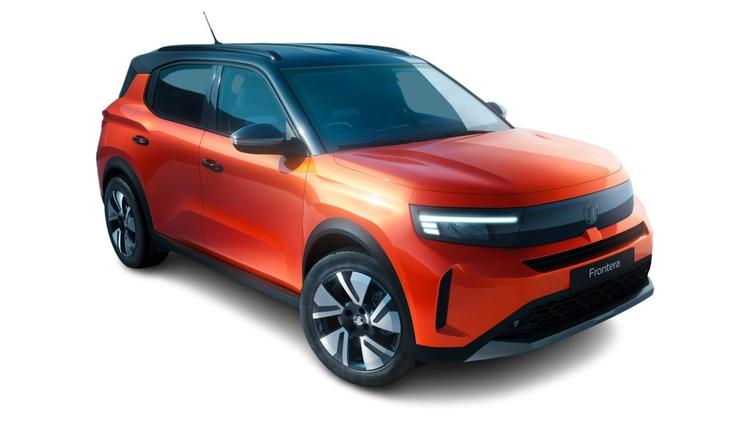 New Vauxhall Frontera Estate
Vauxhall reinvents its Frontera for a new era - with a little help from Citroen. There's plenty of potential electrification, seating for up to seven...
New Vauxhall Frontera Estate
Vauxhall reinvents its Frontera for a new era - with a little help from Citroen. There's plenty of potential electrification, seating for up to seven...
.jpg) New Vauxhall Grandland Electric Hatchback
The second generation Vauxhall Grandland is an enormous step forward over its unexceptional predecessor. Everything's been redesigned, there's now an...
New Vauxhall Grandland Electric Hatchback
The second generation Vauxhall Grandland is an enormous step forward over its unexceptional predecessor. Everything's been redesigned, there's now an...
 New Vauxhall Grandland Hatchback
Vauxhall's Grandland mid-sized SUV no longer has an 'X' in its name - but does it still have the X-Factor? Well, it remains an affordable, well...
New Vauxhall Grandland Hatchback
Vauxhall's Grandland mid-sized SUV no longer has an 'X' in its name - but does it still have the X-Factor? Well, it remains an affordable, well...
.jpg) New Vauxhall Mokka Electric Hatchback
In theory, Vauxhall's Mokka-e ticks a lot of boxes. Small, fashionable SUVs are the market's primary growth area at present. And of course, everyone's...
New Vauxhall Mokka Electric Hatchback
In theory, Vauxhall's Mokka-e ticks a lot of boxes. Small, fashionable SUVs are the market's primary growth area at present. And of course, everyone's...
.jpg) New Vauxhall Mokka Electric Hatchback Special Editions
In theory, Vauxhall's Mokka Electric ticks a lot of boxes. Small, fashionable SUVs are the market's primary growth area at present. And of course,...
New Vauxhall Mokka Electric Hatchback Special Editions
In theory, Vauxhall's Mokka Electric ticks a lot of boxes. Small, fashionable SUVs are the market's primary growth area at present. And of course,...
.jpg) New Vauxhall Mokka Hatchback
Vauxhall needs more of a competitive presence in the industry's fastest growing segment, that for small trendy SUVs. And, courtesy of PSA engineering,...
New Vauxhall Mokka Hatchback
Vauxhall needs more of a competitive presence in the industry's fastest growing segment, that for small trendy SUVs. And, courtesy of PSA engineering,...
.jpg) New Vauxhall Mokka Hatchback Special Editions
Vauxhall needs more of a competitive presence in the industry's fastest growing segment, that for small trendy SUVs. And, courtesy of shared...
New Vauxhall Mokka Hatchback Special Editions
Vauxhall needs more of a competitive presence in the industry's fastest growing segment, that for small trendy SUVs. And, courtesy of shared...
.jpg) New Vauxhall Vivaro Life Electric Estate
Need a really large MPV? Perhaps you need a full-electric one? Here's Vauxhall's take on this concept, the Vivaro Life Electric. In 50kWh form, it...
New Vauxhall Vivaro Life Electric Estate
Need a really large MPV? Perhaps you need a full-electric one? Here's Vauxhall's take on this concept, the Vivaro Life Electric. In 50kWh form, it...
Read what our customers have to say
View Over 600 reviews HERE
The only very minor disappointment was the car was dirty on arrival but the delivery driver offered to get it cleaned before leaving.






